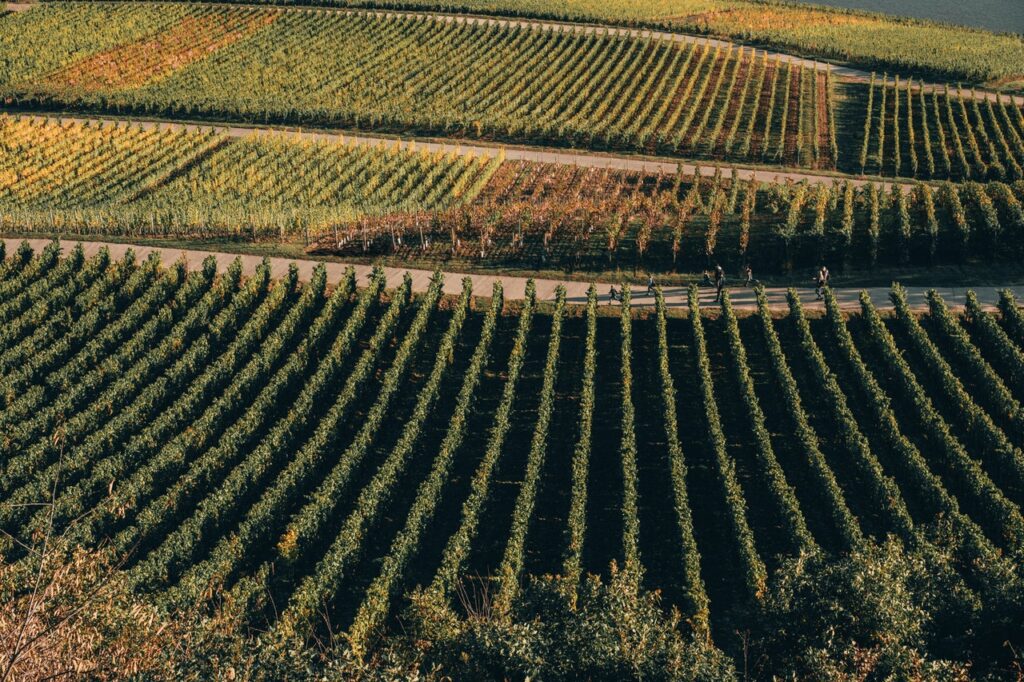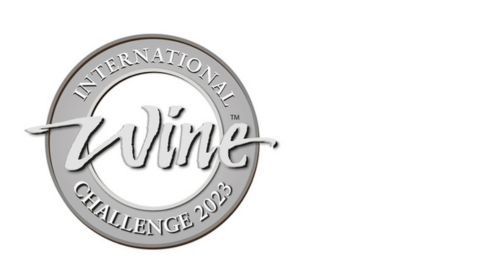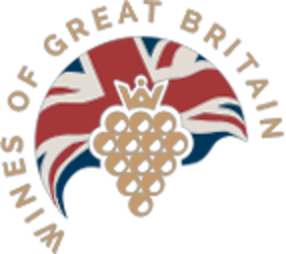
UK wines triumph in International Wine Challenge

The International Wine Challenge has announced the results of its 2023 competition. Thousands of wines from over 50 countries were entered into the competition and blind tasted by an international panel of experts last month, with awards going to over 6,000 wines from across the world.
The results of this year’s challenge prove that the UK is spoilt for choice when it comes to award-winning wine. It was also a sensational year for homegrown wines, with four regions in particular asserting their dominance and Britain making it to the top 10 of most awarded regions for gold medals. Meanwhile, UK supermarkets also made their mark, racking up hundreds of medals and demonstrating that top quality wine doesn’t need to come at top prices.
Four English wine regions sparkle as they display their excellence
In this year’s challenge, England’s sparkling wines triumphed once again, coming second only to France for gold medals while the nation also continued to burnish its reputation as a producer of world-class still wines, winning a total of 24 medals for still styles. Medals were won by producers in 19 regions across England and Wales including as far north as Staffordshire and Shropshire but more than 65% of the medals were split between just four exceptional wine-producing regions:
Kent led the medal wins for English wines with 27 medals, including two Golds which were both awarded to Chapel Down. In addition to Golds for its Kit’s Coty Coeur De Cuvée 2016 and its Grand Reserve 2018, the Kent producer secured a further six Silver or Bronze medals. Other notable successes came for Gusbourne which was awarded a total of seven medals and Balfour Winery which took home six.
Sussex also demonstrated its sparkling wine prowess, with a total of 23 medals, three of which were Gold. One of these Golds went to Rathfinny Estate for its Blanc de Blancs 2018, while it also took home a further three medals, making it the most awarded winery in Sussex. Busi Jacobsohn Wine Estate was also awarded a Gold for its Blanc de Noirs 2018 while Wiston Estate claimed the third Gold medal for its Blanc de Blancs 2018.
Hampshire’s wines triumphed in this year’s challenge, with more Gold medals than any other English region as well as the top trophy for English sparkling wine. Hattingley Valley’s Blanc de Blancs 2014 was awarded both the English Blanc de Blancs Sparkling Trophy as well as the prestigious English Sparkling Trophy. Gold medals also want to Hampshire producers, The Grange, Raimes and Candover Valley Wines whose Candover Brook Brut took home the English Classic Blend Sparkling Trophy.
Cornwall bagged a total of twelve medals, all of which were shared between just two producers. Camel Valley produced an exceptional set of results, taking home a Gold medal for its Annie’s Anniversary Brut 2018 in addition to four Silver medals, five Bronze and one Commended. Camel Valley was recognised not only for its still and sparkling whites and rosés but also for its Sparkling Red 2021 which was one of the highest performing sparkling reds in the challenge. Trevibban Mill Vineyard was the only other Cornish producer to gain a coveted medal.
Elsewhere in the UK, the English White Trophy was awarded to Lyme Bay Winery for its Martin’s Lane Chardonnay 2020 while Devon’s Lympstone Manor Estate took home the English Red Trophy for its Triassic Pinot Noir 2020.
Helen McGinn, one of the six Co-Chairs of the International Wine Challenge commented, “England, particularly regions in the south, has been internationally recognised for the production of world-class sparkling wines for some time now. In recent years, England’s still wines have also come on leaps and bounds and it is great to see both reds and whites recognised with trophies in this year’s challenge.”
Explore WineGB


